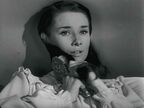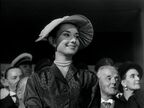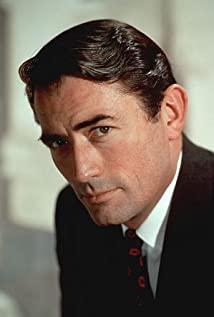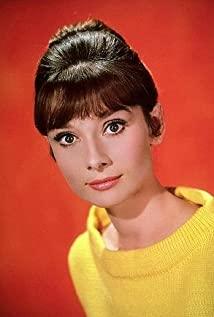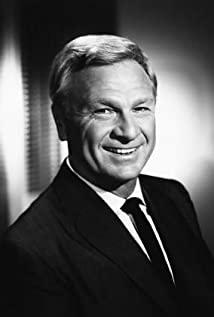If in the history of film, an actress has obtained the status of a goddess through a film, there is no doubt that only Audrey Hepburn and her "Roman Holiday". And the hairstyle and clothing trend that she set off at the time has become a beautiful extension of this legend.
The plot of "Roman Holiday" is simple, but it has become a world classic with the successful performance of the male and female protagonists and the street scenery of Rome, especially Audrey Hepburn, whose charm has overwhelmed countless fans, and the cute Hepburn hairstyle has also been popular forever. The film vividly melts the sights of Rome into the plot, and makes a romantic comedy very warm and pleasing to the eye. One of the two is tired of the boring and tedious court etiquette, and the other is a shy little reporter. A day in Rome, although short, but a relaxing time allows them to experience the sweetness of love. Although in the end they did not come together because of their respective identities and responsibilities, Rome became a symbol of their eternal love. The small and elegant Audrey Hepburn is the most suitable for this kind of innocent princess role. The film also describes a romantic and innocent love in a story similar to a fairy tale. Although the love between the two has no results, it does not make people sad. On the contrary, their love is warm and unique. Innocent and naughty princesses and kind and scheming little reporters, the love between the two is destined to be a beautiful imagination in the age of innocence.
As a model of love literary films in film history, "Roman Holiday" has a simple plot and no major production scenes in the film, but it is one of the most enduring Hollywood romantic light comedies. In the film, the rivalry between Audrey Hepburn and Gregory Parker is full of sparks. It is the perfect interpretation of the fairy tale love between the gentleman and the fair lady, which is moving. The unique style of the ancient city of Rome, the unobtrusive light jokes, and William Wheeler's tense control of the love scene have become the source of the film's enduring charm.
As a film in the 1950s, the social background of "Roman Holiday" is much more conservative than it is today. The "holiday" in "Roman Holiday" essentially refers to the "free life" that the reporter and the princess desire together. The change of the title to "Roman Freedom Day" may better illustrate the theme of the film. In the pursuit of freedom, the princess started to enjoy freedom naughty and desperately; the reporter was gradually infected by the princess around him. In fact, with him, “playing” with the princess in Rome was originally part of his career plan. This plan full of fame and fortune is "anti-freedom". If he does not have feelings for the princess later, he will always be a journalist who is exhausted. The mission of a journalist is to discover news. This mission is embodied in every aspect of his life as a personal desire: he cannot have the opportunity to enjoy freedom, because the journalist does this. Occupation is an executioner who stifles the freedom of others and your own freedom.
At the end of the film, the princess returned to the official residence, and a press conference was held the following day. At this time, he saw the beautiful princess for the last time, just like the girl he met on the street for the first time, except that her luxurious white dress was now firmly wrapped in her. Immediately after the film's most disturbing plot began, the aloft Annie pretended to not know him in agony, but the light of attachment from her eyes reflected on his heart through the air at any time.
Hepburn's acting skills were best demonstrated at the end of the meeting in the film. The meticulous audience will find that in this long smile, what is contained is the painful transition from the joy of seeing the lover to the sadness of parting. The reason for using "magic" to describe this smile is because Hepburn has also incorporated his restraint into the smile. That kind of princess's reservedness neither allows joy nor sadness. In the huge emotional wave, even the most critical person can only perceive a trace of melancholy that flashes under the beautiful daisy eyes. But in the eyes of the men in the audience, this reserved smile is a rebuke for not being able to set his sweetheart free. But how can he be free himself, but the reasons for not being free are different: the princess is because of the people and the country, and the reporter is because of the continued life.
Gregorian Parker once said: "Roman Holiday" is a Hepburn movie, and I am only a supporting role. Parker's words are not only an admiration of Hepburn's acting skills, but also an exclamation of the reporter in the film. At the end of the film, the man stared sadly at the front desk after the princess had left. Although he had experienced a larger press conference, the shock that the girl really left the reporter was too great that day. In a short day, he experienced a pursuit that is more precious than being exhausted in search of news, that is freedom and love for a person.





